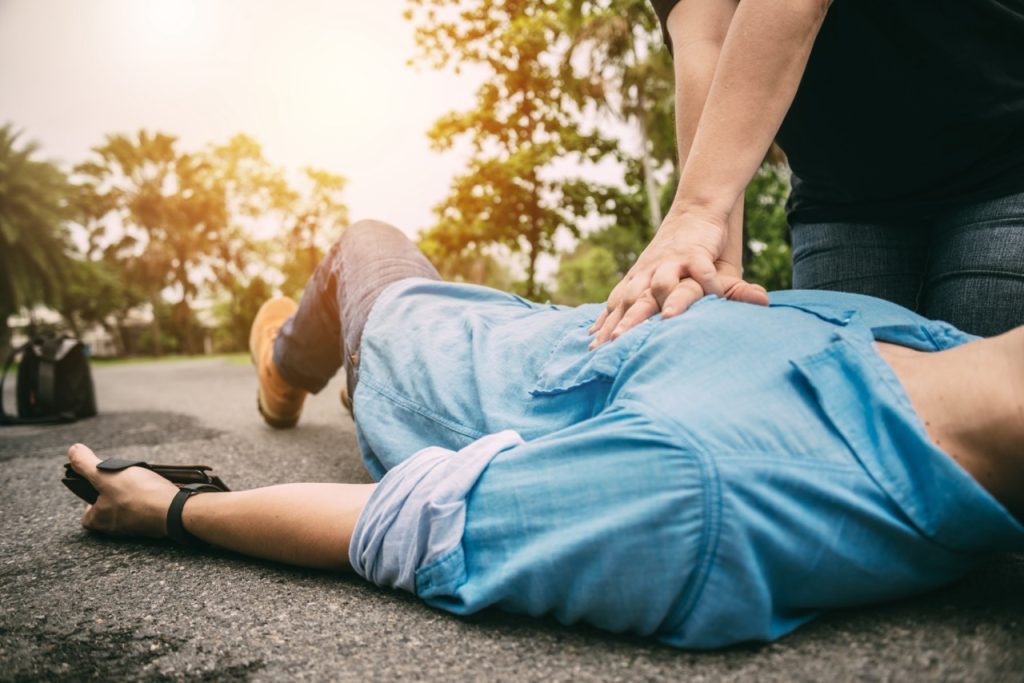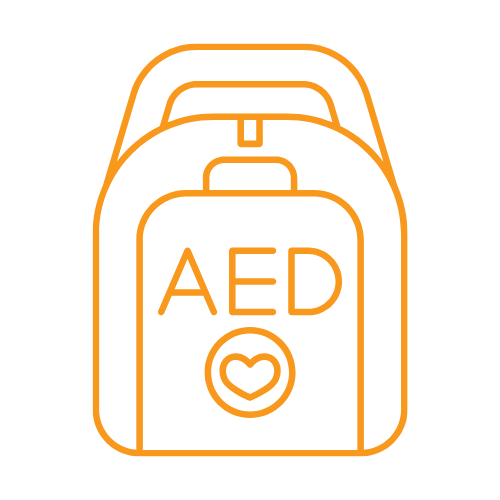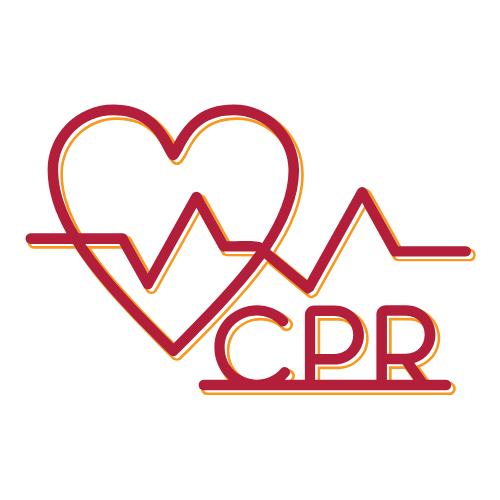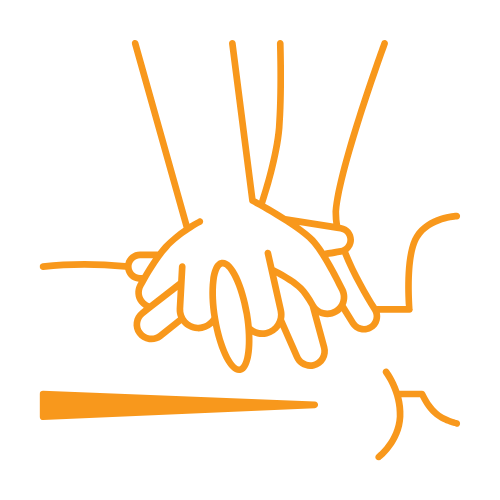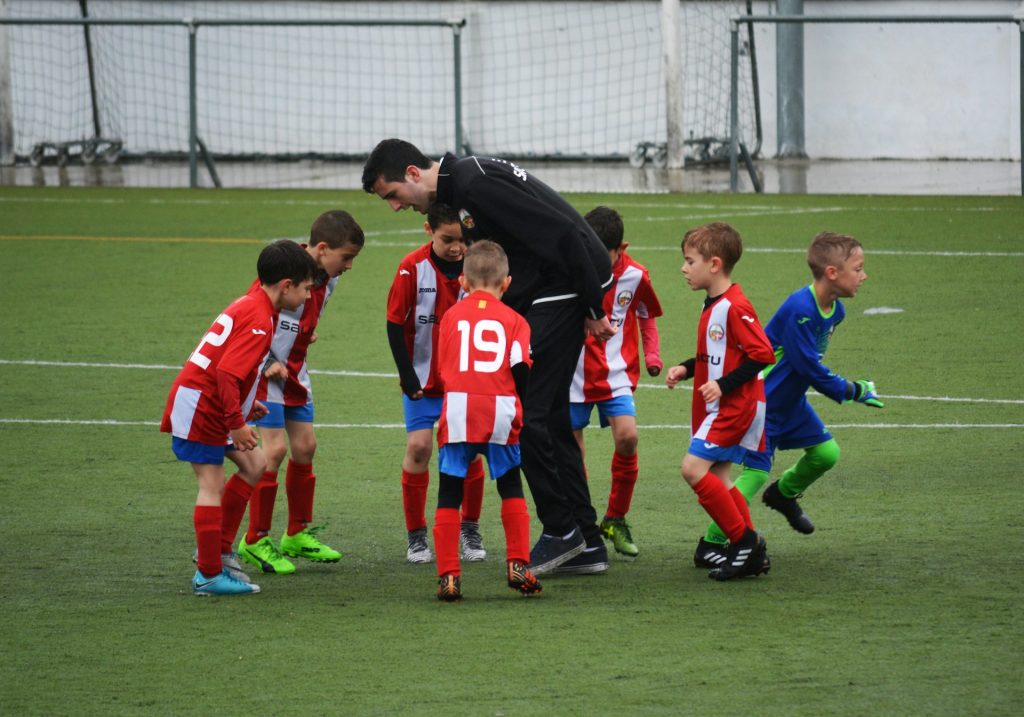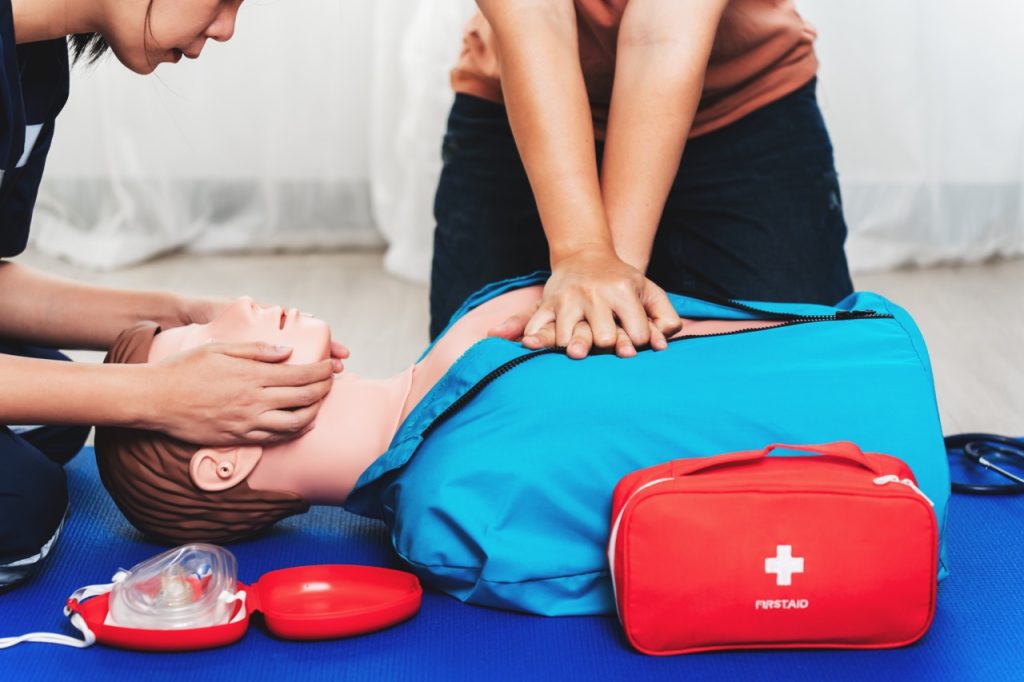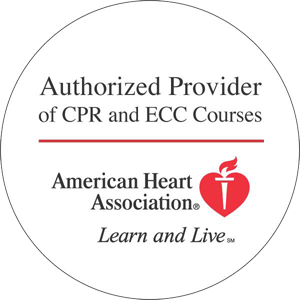Preparedness isn’t just about storing supplies or making an emergency plan. It’s also about equipping yourself with the knowledge to protect others. Every emergency has one thing in common: they happen when we least expect them. National Preparedness Month is a reminder that being ready can make all the difference and few skills are as essential to preparedness as knowing CPR and first aid.
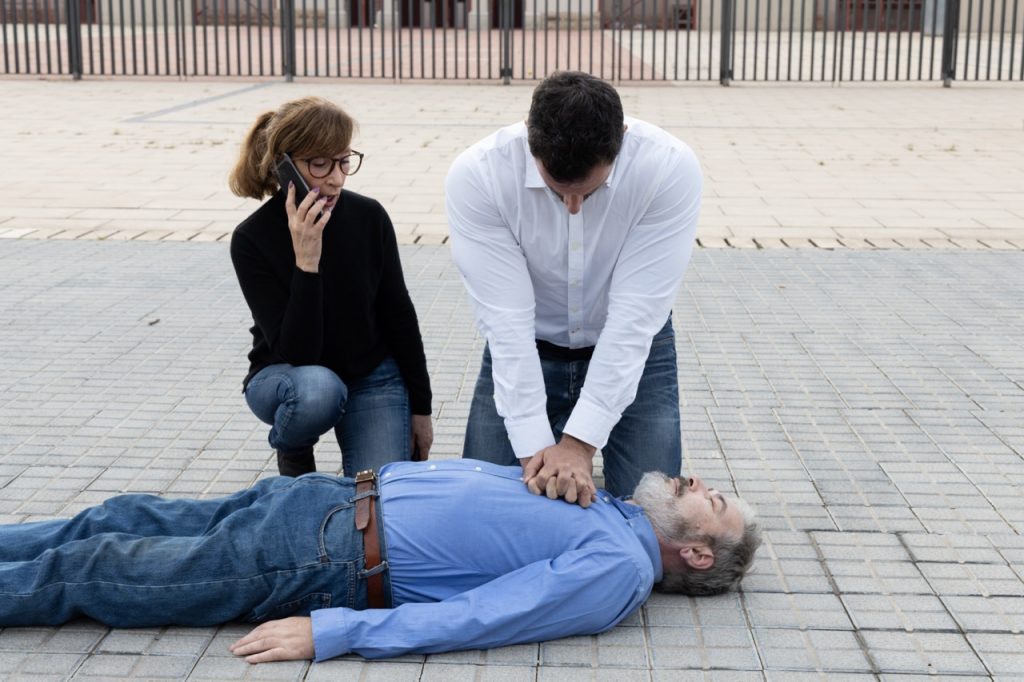
What Is National Preparedness Month?
National Preparedness Month is observed each year in the month of September. It is promoted by FEMA and Ready.gov to encourage individuals, families, and even workplaces to be prepared for emergencies.
Discussing potential negative events, such as disasters or medical emergencies, can be challenging. However, by identifying potential risks, creating a plan, and taking proactive steps to respond, you can feel more confident and prepared in the event of an emergency and disaster scenario.
Learn More About National Preparedness Month Here
Why First Aid and CPR Are Essential Parts of Preparedness
The thing with emergencies is that they can happen at any time, and there is often little time to prepare. When it comes to a medical emergency, having the knowledge and skillset to know how to act can make all the difference in the outcome.
Whether it’s an injury or a more serious medical emergency condition, preparedness can make the difference between a quick recovery and a life-threatening situation. First aid helps stabilize injuries until professional help arrives. Cardiopulmonary resuscitation, or CPR, can save lives during sudden cardiac arrest.
Common Emergencies Where First Aid and CPR Make a Difference
What types of emergencies can first aid and CPR training prepare you for? More than you may think. Here are some of the most common emergencies where the right training can help you respond with confidence:
- Cardiac Arrest
- Choking
- Severe bleeding or injuries
- Workplace accidents
- Natural disasters or large-scale emergencies
How Training Improves Emergency Readiness
Watching a how-to video and thinking you know what to do during a real emergency is very different than getting proper training. Comprehensive training and certification go beyond telling you what to do; they build confidence to act in high-stress situations. It can also ensure that you use proper form and techniques to reduce the likelihood of critical mistakes.
When it comes to emergencies, watching a video can give you a glimpse of what to do, but nothing beats hands-on training. Proper training and certification don’t just tell you how to react; they empower you to take action when it matters most, even under pressure. With the right skills, you’ll feel more confident and prepared, and you’ll learn the techniques that help minimize the risk of mistakes. So why leave it to chance? Prepare yourself with the information and training you need to make a real difference when it counts.
The Benefits of Getting Certified During National Preparedness Month
Staying prepared is a year-round strategy, but taking some extra time during National Preparedness Month can help empower you and others to go the extra mile. Now is a great time to review your existing certifications and renew any that are close to expiring. CPR and First Aid training can be completed promptly and easily when you use HeartCert – we have options for everyone from in-person group sessions, individual on-site and online courses.
National Preparedness Month is also a great time for organizations to offer workplace training sessions focused on workplace safety and emergency preparedness. Basic and advanced emergency preparedness courses, such as first aid and CPR training, OSHA classes, disaster response, and effective evacuation procedures, are essential and can help businesses meet workplace safety requirements. When companies offer these trainings to their employees, they can help equip their staff with the knowledge and skills needed to respond confidently and efficiently in emergency situations.
Get Certified in CPR and First Aid With HeartCert
Emergencies can happen anytime; being prepared is key. At HeartCert, we are on a mission to make CPR and first-aid training accessible to all. We offer training options for everyone, from in-person, blended learning, fully online courses and on-site group training. Our flexible scheduling ensures that individuals can make training work with their busy schedules and integrate preparedness efforts when it works best for them. Accredited by the American Heart Association, our CPR training gives you the best instruction from trusted, certified instructors.
HeartCert is your trusted training partner for CPR, ACLS, PALS, EMR, First Aid, CNA, IV, EKG and more, throughout the United States.Courses include CPR/AED/First Aid, Basic Life Support (BLS), Advanced Cardiac Life Support (ACLS), Pediatric Advanced Life Support (PALS), Certified Nursing Assistant training, IV training, EKG training, babysitter basics and more. Courses and certifications from both the American Heart Association and American Red Cross are available. We offer virtual courses and certifications, in all 50 states as well as in-person classes at our headquarters, HeartCert CPR Eagan and major cities in Iowa, Illinois, Michigan, Minnesota, Missouri, Mississippi, Nebraska, Pennsylvania, Texas and Wisconsin.

